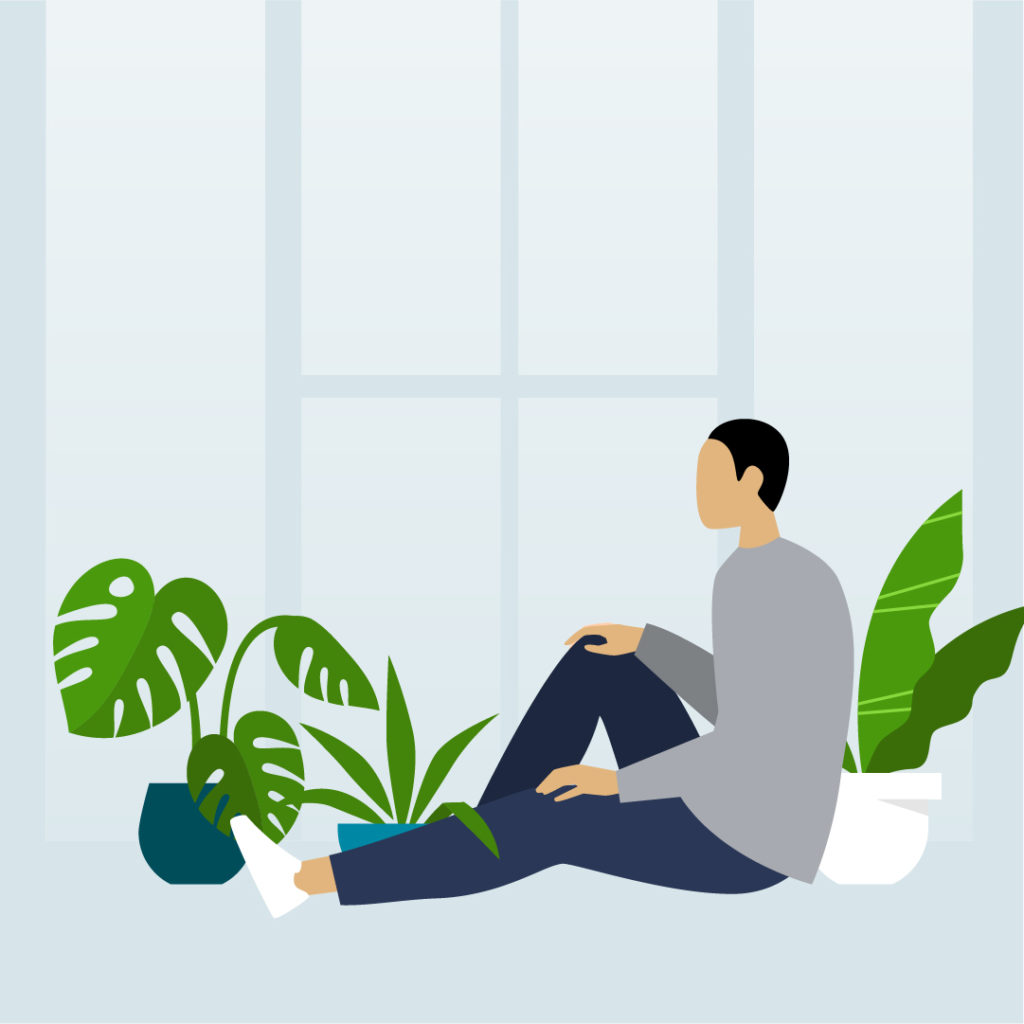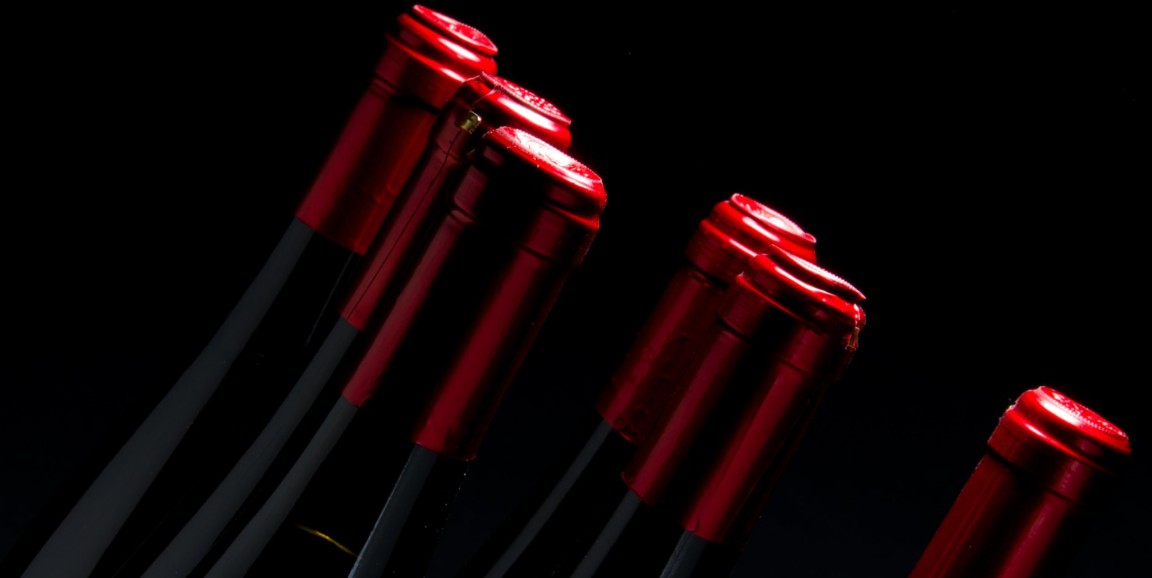When COVID emerged and lockdowns started, I had 5 bottles of wine on my shelf, normally about a month's supply. One year later, I still have one of those bottles left, albeit in dustier condition. Other Americans are having the reverse experience: a study of 6,000 adults found that average alcohol consumption had risen by 14% and the rate of heavy drinking was up even more.
Why is this bizarre and unpleasant "experiment" in which humanity is involuntarily enrolled (aka COVID-19) changing the ways that people consume alcohol, tobacco, cannabis, and other drugs? What can it teach us about the nature of substance use?
All about the three "Cs"
Consider three "Cs": cues, comfort, and convenience.
Cues
We might like to believe that we make autonomous decisions when to consume a substance, but our desire to do so is heavily shaped by cues.
Human cognition is a miracle of associative learning. Once the brain reward of consuming substances is regularly paired with anything -- sitting on a particular chair on your patio, watching a Giants game, seeing the Marlboro Man in an ad, running into a friend who uses substances with you -- your urges and expectancies are shaped by that cue.
For example, I have over the years trained my brain to think about wine in response to three main cues:
- Friends coming over for a meal
- Sitting down at a restaurant
- Checking into a hotel after a long journey
COVID has removed those cues from my life, and now it rarely occurs to me to even think about wine, much less drink it. In contrast, for people with a well-entrenched habit of using substances at home, lockdown may make avoiding the desire to use very difficult.
Comfort
People use substances for different reasons, mediated through discrete neural and behavioral pathways.

Some, like myself, are motivated by positive rewards that come directly from the substance (the pleasure of tasting a fine wine) or from how it complements other experiences (the food tastes better and your dining companions seem funnier).
Other people use for comfort, meaning they are trying to relieve a negative state, such as anxiety, loneliness, or depression. In the case of physically dependent users, this includes desire to diminish withdrawal symptoms, such as the jitters and irritation a pack-a-day smoker feels when they first wake up in the morning and their blood nicotine levels are low.
People who use substances for comfort have unfortunately had a lot more reasons to consume them in the past year: Fear of getting sick, stress of actually getting sick, fear of losing loved ones or actually losing them, social isolation, and economic insecurity, to name only a few.
It would be very hard to test empirically, but my guess is people who use substances for comfort have accounted for most of the spikes in substance use in the population during this very challenging time.
Convenience
Substance use is a behavior, and our propensity to engage in any behavior decreases when that behavior is more costly to do, not just in the sense of money but also time and effort.
By disrupting global trade, shuttering retail outlets, and making going to the supermarket more of a hassle, COVID has reduced the convenience of using substances for many people. Internet delivery services make up for this in some regions, but in others, regulations about cigarette, alcohol, and cannabis sales limit this option. And for illegal drugs, the dealer who will meet you on a street corner may not be outside as much and is even less likely to come to your door.
Decreases in convenience may only affect addicted users slightly, but if substances have a small role in your life to begin with, they may just tip you into not using them at all.
As for me, I haven't missed wine this past year. But I have greatly missed all the good things that used to inspire me to drink it. When those finally come back, I'm going to break out the champagne.
Keith Humphreys, PhD, is the Esther Ting Memorial Professor of Psychiatry and Behavioral Sciences at Stanford Medicine and a career research scientist at the Palo Alto VA. He specializes in addictions and tweets @KeithNHumphreys.
Top photo by Thomas Thompson; Center illustration by Stanford Medicine






